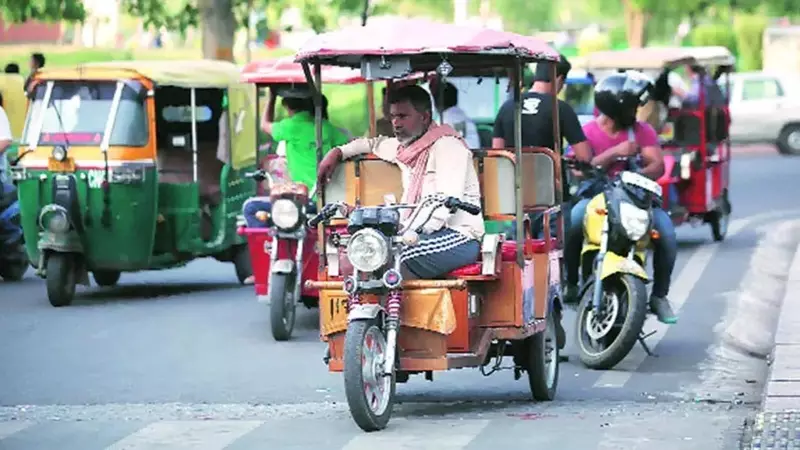
The Maharashtra government has made a startling admission before the Bombay High Court, revealing that specially designed e-rickshaws intended for persons with disabilities are fundamentally flawed and failing to serve their purpose.
Government's Shocking Confession in Court
During a recent hearing, the state government's implementing body openly acknowledged that the e-rickshaws, meant to provide accessible transportation for special needs individuals, contain significant defects that render them practically unusable. This confession comes as a major setback for disability rights advocates who have long fought for inclusive public transport solutions.
The Accessibility Crisis in Public Transport
The faulty e-rickshaws represent a critical failure in Maharashtra's efforts to create barrier-free mobility options. Persons with physical disabilities continue to face immense challenges in accessing reliable transportation, despite various government initiatives and legal mandates requiring accessible public infrastructure.
What Went Wrong with the E-Rickshaw Initiative?
- Design Flaws: The vehicles lack proper accessibility features despite being marketed as disability-friendly
- Functional Issues: Multiple technical problems make regular operation difficult
- Safety Concerns: Potential risks for passengers with special needs
- Implementation Gaps: Poor execution of what seemed like a promising initiative
Court's Intervention and Future Directions
The Bombay High Court is now closely monitoring the situation, seeking concrete solutions from the state authorities. The court has emphasized the urgent need for functional, safe, and reliable transportation options that genuinely cater to the requirements of persons with disabilities.
This case highlights the broader issue of inadequate infrastructure for differently-abled citizens across Indian cities. While policies and schemes exist on paper, their ground-level implementation often falls short, leaving vulnerable communities stranded without viable mobility options.
The Maharashtra government now faces pressure to either rectify the existing e-rickshaws or replace them with properly designed alternatives that truly empower persons with disabilities to travel with dignity and independence.





